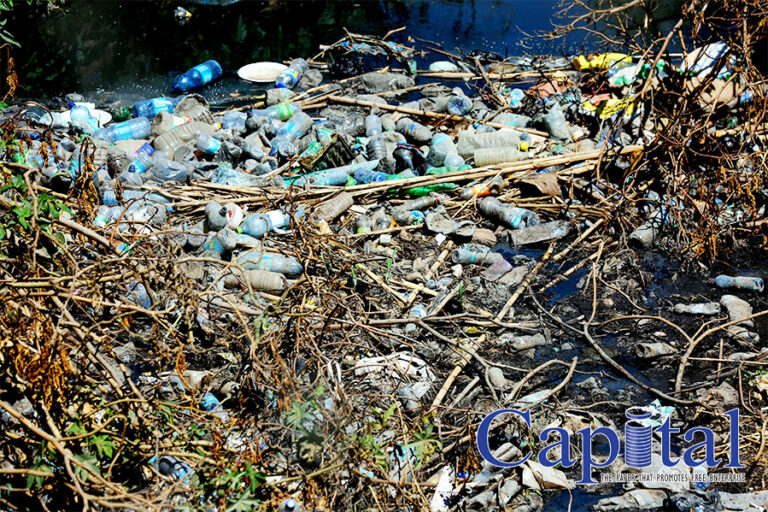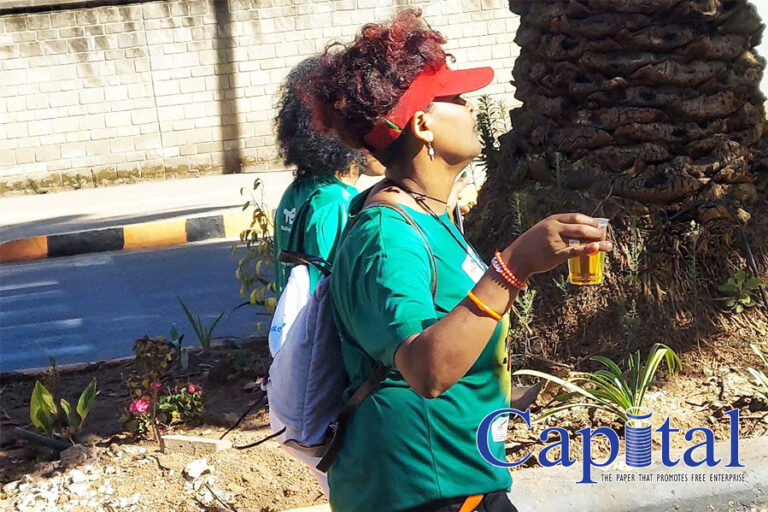Hayile Mojito
Name: Hayile Mojito
Education: 12th
Company name: Tureta Shoe shine
Title: —–
Founded in: December 2021
What it does: Cleans and buffs shoes
HQ: Addis Ababa around Kazanchis
Number of employees: 4
Startup Capital: 400,000 birr
Current capital: Growing
Reasons for starting the business: Previous experience and to advance the shoe shine sector
Biggest perk of ownership: freedom
Biggest strength: Phard worker
Biggest challenging: awareness of the public
Plan: Expanding my business
First career: —–
Most interested in meeting: Haile Gebreselassie
Most admired person: no one
Stress reducer: stay in silence
Favorite past time: walking
Favorite book: Bible
Favorite destination: Lalibela
Favorite automobile: Renault Kangoo






